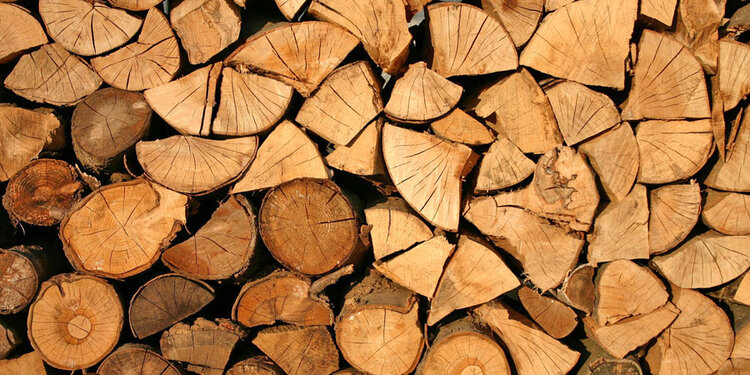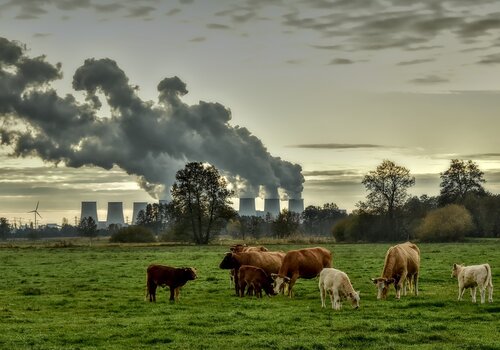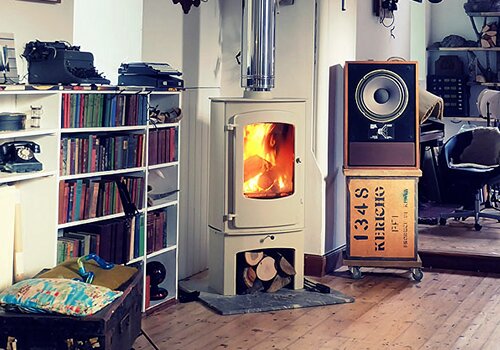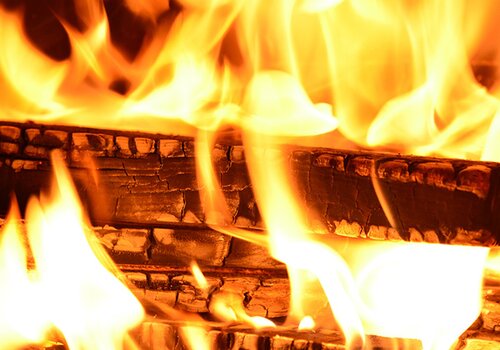(Washington, Tyne and Wear, 12. July 2017) As with all appliances, you need to ensure that you follow the correct guidelines in order to make sure that it lasts it’s life span and beyond. Stoves and chimneys are no different. Just as in a car, if you put the wrong, or poor grade fuel or oil in, it will affect the running of it and deteriorate other parts of it.

More importantly, this also effects the warranty of not only the stove, but the chimney system as well.
For a wood burning stove, only the best quality wood is needed. This is to maximise it’s efficiency, as well as making sure that it’s environmentally efficient in line with the Clean Air Strategy.
Wood is carbon neutral, which in simple terms means that trees are replanted for every one torn down for wood supplies or construction. You can source wood in bulk for a good discount, but you need to be aware about its moisture content, as it needs to be seasoned wood. This means it needs to be dry for a considerable period of time – up to a year, or even more, depending on the type of wood.
If it has a high moisture content, then there’s an increase in smoke, therefore emissions, which produce less heat, as well as being unfriendly to the environment. This also makes the stove less efficient and adds more soot to both the stove and the chimney, in the same way as a smoking oven is less efficient and more difficult to clean, or a misfiring car is causing issues to its engine.
Be wary when purchasing logs in bulk as the moisture content can vary and be negligible. Preference is for kiln dried logs, which are more efficient, with a moisture content less than 20%. It’s worth the effort, as using dried logs means less are needed to provide the same amount of heat than more heavy moisture logs. Less wood is burnt, therefore reducing emissions as well as less storage needed.

Guide
Bacon and eggs, candles and incense, brake pads and so much more.

News
Commenting on the latest data Andy Hill, chair of the Stove Industry Alliance, said: “We welcome the revisions to the government’s statisti...

Guide
Real fires have advantages in many ways. Technology has always pushed central heating and electric heating, especially post-war, but instead...